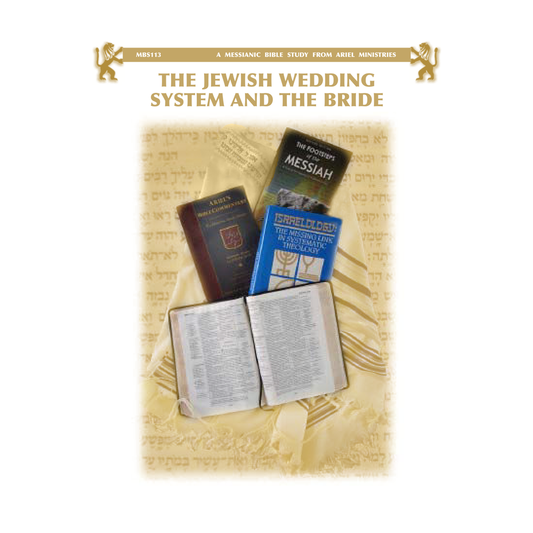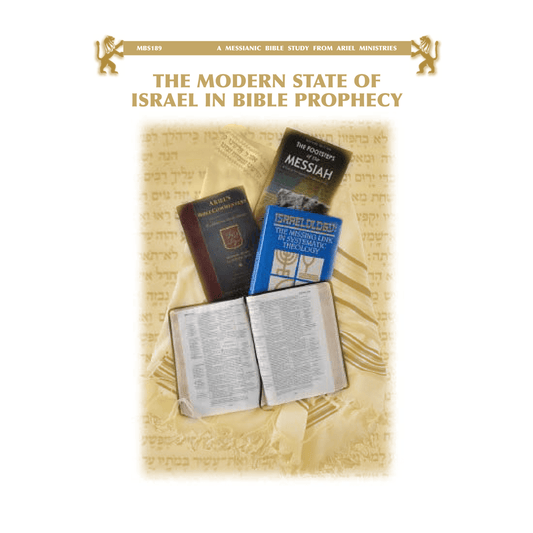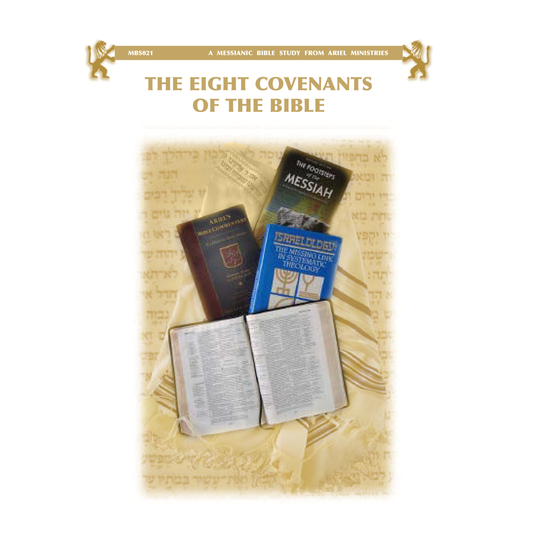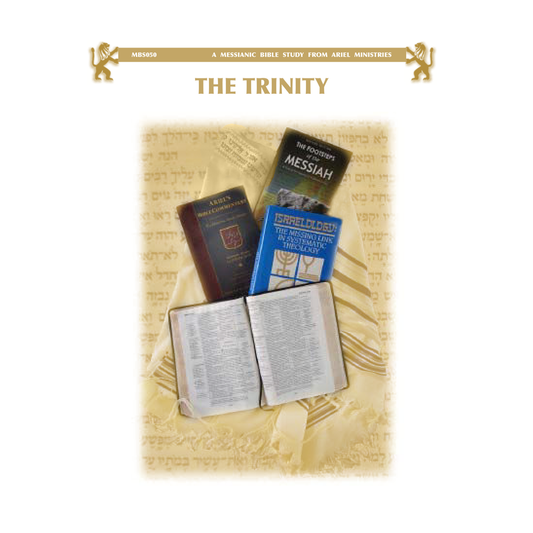[Here is the full text of the QUESTION from the reader:]
If Israel was the wife of Jehovah in the Old Testament, will she be the wife in any real sense in the eternal future? And will future Jewish believers in Jesus (for example, the remnant in the tribulation and those in the millennium) also be part of the bride of Christ along with the church? If so, how is this possible if the wedding ceremony of the Lamb takes place in heaven during the tribulation? Post-rapture saints are saved under the eternal New Covenant, but can we truly say they are part of the church? How can we reconcile the two in the future ultimate sense?
Here is Arnold’s ANSWER:
Concerning the status of Jewish believers, several points can be made. Throughout Scripture, they are viewed as being the remnant of Israel. They are also viewed as being part of the body of the Messiah and therefore part of the bride of the Messiah. Furthermore, they are viewed as the natural branches—distinct from the wild olive branches.
In Ephesians 2-3, the twelve apostles are viewed as being the foundation of the church, with the Messiah being the Chief Cornerstone. The rest of believers are the building blocks on top of that foundation. So, in this age, Messianic Jews are part of the church, and when the rapture occurs, they will be raptured as well. But what is the role of the apostles in the Messianic kingdom? They will be sitting on twelve thrones judging the twelve tribes of Israel, and they will play a special role in the Messianic kingdom for the people of Israel.
Throughout Scripture, Israel and the church are kept distinct, and that distinction will continue in the Messianic kingdom and even in the eternal order. We will see the names of the twelve sons of Jacob who will be a part of the eternal future, but we will also see the twelve apostles. Hebrews 12:22-24 distinguishes two groups of saints in the Heavenly Jerusalem: the church saints and the spirits of the just men made perfect. The latter were justified when they believed but were perfected only when the Messiah died, and yet in the Heavenly Jerusalem, these two groups are in two separate categories of saints.
The wedding ceremony for the church takes place in heaven just before the second coming (Revelation 19:6-8). Only after that will the invitation be sent out for others to attend the wedding feast, which is a distinctive element in the Jewish wedding system. This wedding feast will inaugurate the Messianic kingdom. With the remarrying of Israel to God the Father, there will also be a distinctive wedding feast.
For further details about the distinction between Israel and the church, please refer to my books The Footsteps of the Messiah: A Study of the Sequence of Prophetic Events and What the Bible Teaches About Israel: Past, Present, and Future.




